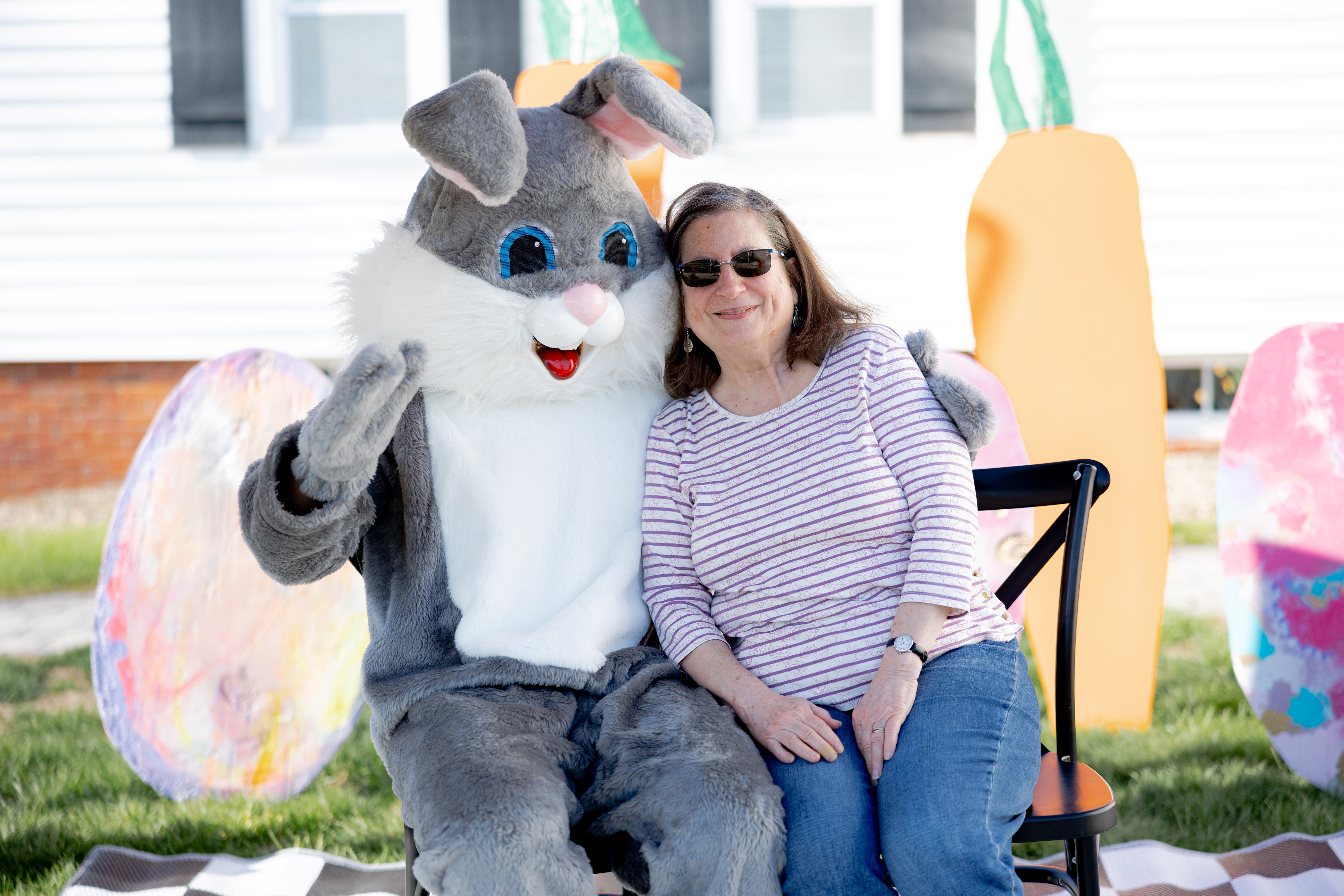
I will write about Lucy from time to time, continuing to chronicle my genealogy story, but I also want to intersperse those posts with others. Today it is to tout the book pictured above Stolen Focus:Why You Can’t Pay Attention and How to Think Deeply Again by Johann Hari. (His previous books on addiction incuding Chasing the Scream are also worth reading.)
If you have ever wondered why there has been so much focus on “mindfulness” lately, Hari will help you understand it is in reaction to how scattered many of us are under the constant barrage of information coming at us from many directions. Rather than treat it as a problem faced by the individual, Hari places it in the context of our currrent society.
Basically Hari contends that under the guise of informing us, large corporations have stolen our focus. Previously they had to pay for our attention. Now they gather our thoughts, purchasing habits, preferences, concerns and associations for free as we move from tweet to breaking news. As individuals we continue to think that it is our own problem, that somehow we have lost the ability to focus. But doing that ignores the larger changes that have taken place for many of us. As Hari delineates them he makes suggestions on ways to combat them on both the personal and societal level. On a personal level he suggests such ideas as restricting email checking to once a day. On a social level he has a wide range of ideas from getting kids outdoors to increasing privacy on the internet.
If you have ever wondered who gains from keeping your mind flitting from one source of entertainment to another, wonder no longer. It isn’t us! (On the other hand it has been a boon for the “mindfulness” industry.)






